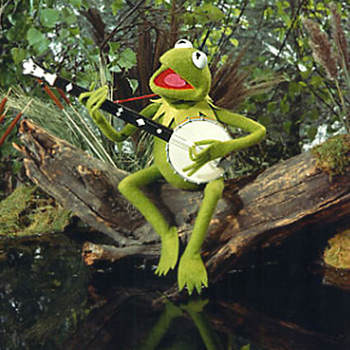Question #57fa4
1 Answer
120 5-digit numbers can be made. It is equal to
Explanation:
The simple way to solve this is to find
This works because given the digits 1, 2, 3, 6, and 9, we have a total of 5 digits to choose from to make a 5-digit number, without repetition. If the number of possible digits, the number of digits in the resulting number, or the restriction of repetition were changed, this solution would not work.
A longer way you can solve this, but which would allow you to solve a much larger variety of questions is...
Using the numbers 1, 2, 3, 6, and 9 you have 5 different possible numbers to choose from. One way that I like to think about a question like this is to consider that each digit in the resulting 5-digit number is a slot, into which you'll put one of the numbers you have to choose from.
So, you can imagine it as
_ _ _ _ _
and for each space you specify how many numbers can fit in it.
For the first space, all 5 numbers can be placed in it, since no restrictions have been placed on this.
(If 0 were an option between the 1, 2, 3, 6, and 9, then it would have to be restricted from the first value in order to make sure the result is indeed 5-digits since, for example, the number 03,428 can be written as 3,428 and is instead a 4-digit number.)
So we fill in the first blank with 5p, for '5 possibilites'
5p _ _
Then for the next space, we've been told that repetition is not allowed, meaning whatever number was placed in the first space is no longer an option for the ones following. The second space therefore has 4 possible numbers now.
This follows for the rest of the spaces, each having one less possible number than the previous. We end up with
5p 4p 3p 2p 1p
We then multiply these possibilities together to result in the final answer...

